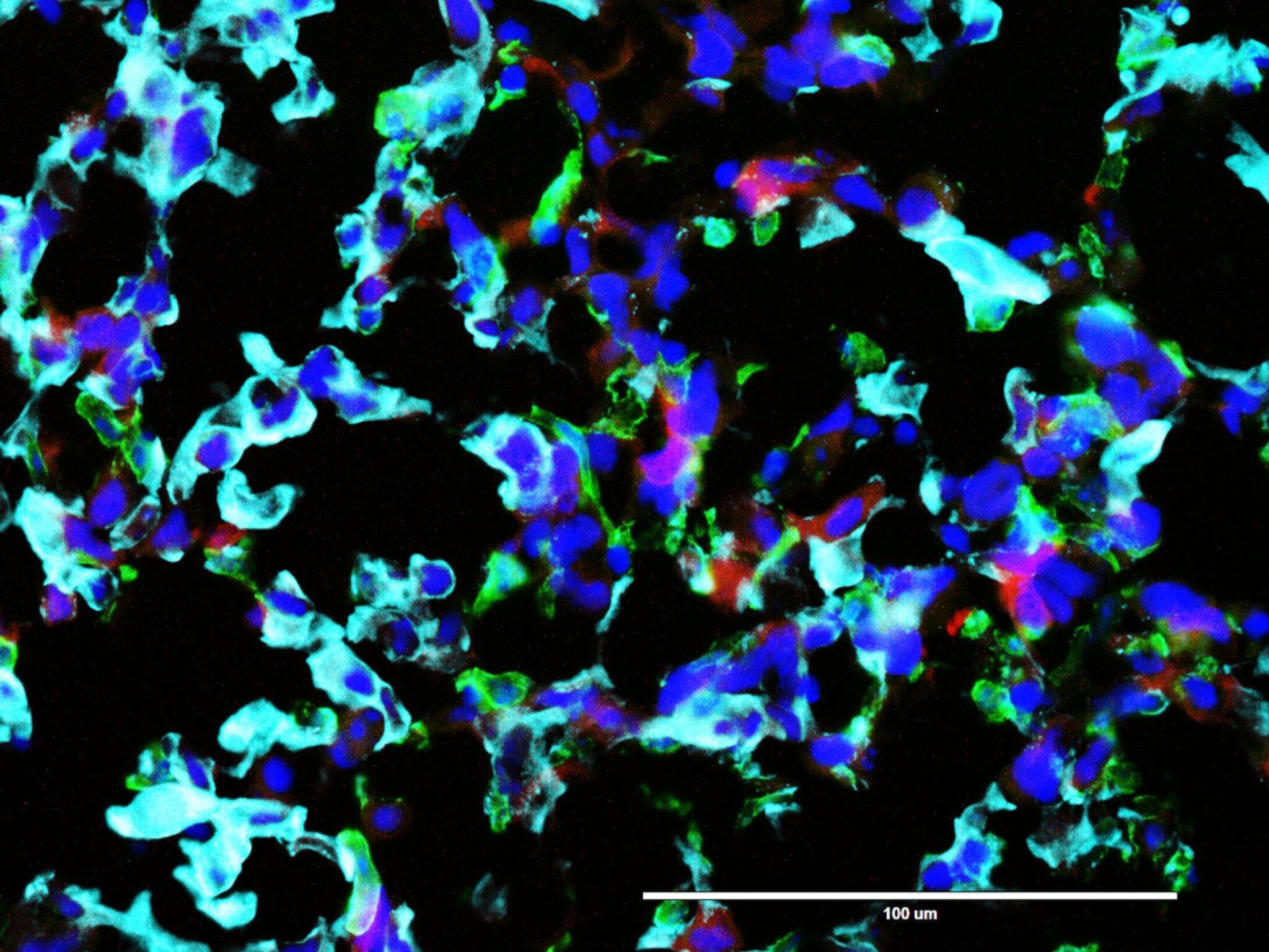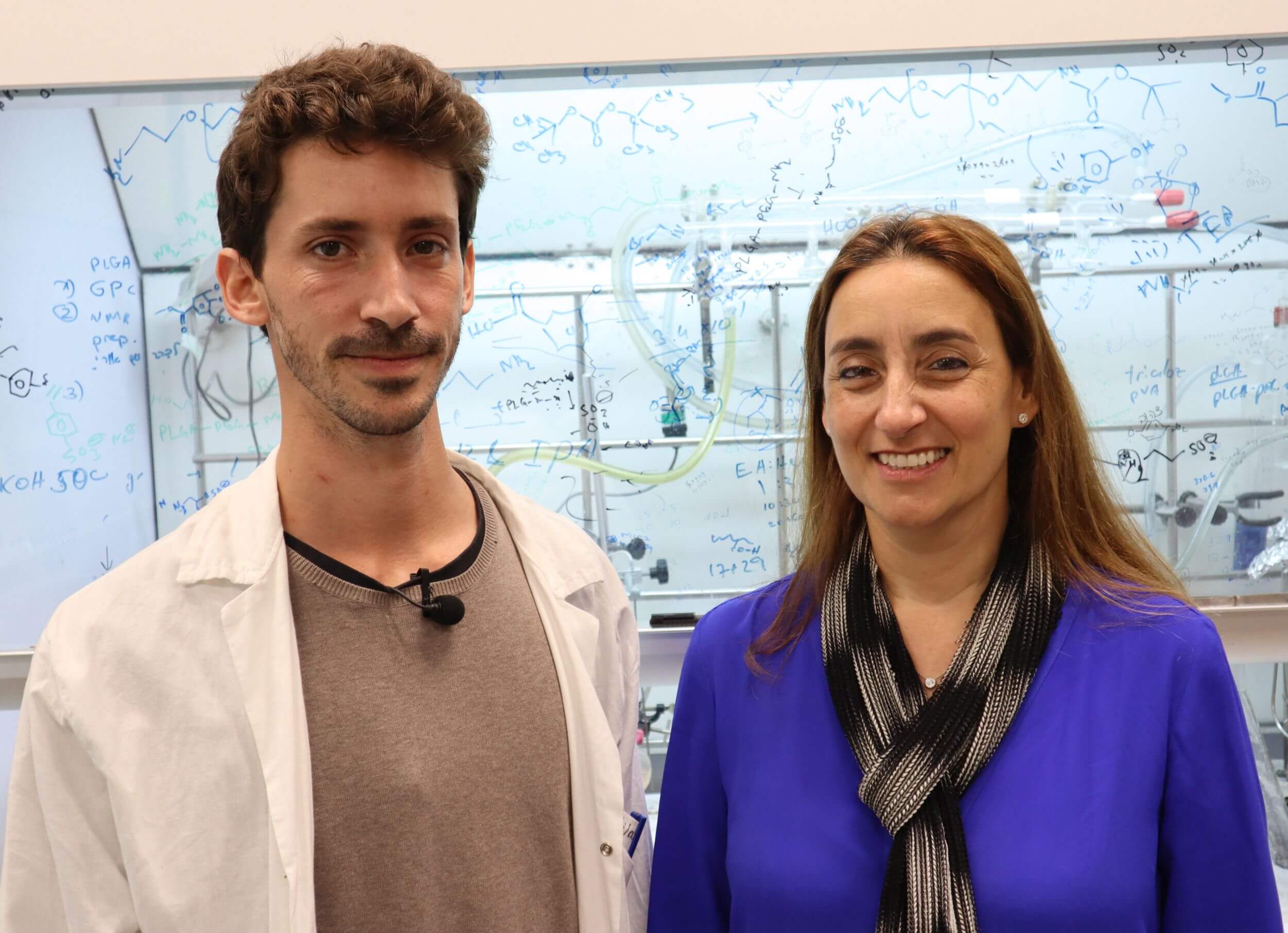Researchers from Tel Aviv University have identified a failure in the brain's immune system that increases the division and spread of glioblastoma cancer cells instead of inhibiting them. Now they are looking for ways to turn the situation around

A groundbreaking study by researchers from Tel Aviv University may bring about a significant turn in the fight against deadly brain cancer. Early in the study, the researchers identified a failure in the brain's immune system that increases the division and spread of glioblastoma cancer cells instead of inhibiting them. The failure results from the secretion of a protein in the brain called P-Selectin (SELP) with the help of which the immune system performs the opposite action and allows the penetration of the cancer cells into the brain tissue.
In the next step, the researchers succeeded in inhibiting the secretion of the protein - and showed that by inhibiting the SELP it is possible to neutralize the "failure" in the immune system, returning it to a normal working path and thus stopping the spread of the incurable cancer. The research included an international team of researchers led by Prof. Ronit Sachi-Painero, who is the head of the Cancer Biology Research Center and the head of the Cancer and Nanomedicine Research Laboratory at the Sackler Faculty of Medicine of Tel Aviv University. The results of the research are published today in the prestigious journal Nature Communications..
'Glioblastoma' is the deadliest type of cancer in the central nervous system, and it constitutes the majority of malignant tumors originating in the brain. It is a violent, invasive and fast cancer and for the most part, the existing treatments do not help and the patients die about a year after the onset of the tumor. Moreover, the glioblastoma is defined as a 'cold tumor', meaning that it does not even respond to immunotherapeutic attempts to encourage the immune system to act against it.
As part of the study, the researchers first sought to understand why the brain's immune system cells (microglia) do not inhibit the cancer. Led by doctoral student Elam Yeni, the researchers made a comparison between healthy brain tissues and glioblastoma tissues. For this purpose, the researchers collaborated with brain surgeons from the Ichilov Medical Center who provided them with glioblastoma tumors excised in the operating rooms and brain surgeons from Johns Hopkins University and the Liver Institute in the USA who provided them with normal brain tissues from postmortem surgeries.
"We wanted to know why the immune system in the brain is not doing its job," says Prof. Sachi-Painero. "Therefore, we tested the interactions between the immune system cells in the marrow and the glioblastoma cells in tumors that had just been removed from patients. To our surprise, we found that not only that the microglial cells do not work to stop the cancer cells, they play a decisive negative role in their division, spread and mobility."

Since cells talk to each other through proteins, the researchers looked at the proteins that are secreted when microglial immune system cells come into contact with glioblastoma cancer cells - and found six proteins that were overexpressed. In the next step, Prof. Sacchi-Painero and her team inhibited each of the proteins to try and isolate the one protein that allows the cancerous tumor to "enslave" the brain's immune system for its purposes - and spread. In this way, the researchers found that it is a protein called SELP that disrupts the function of the immune system and accelerates glioblastoma tumors.
"It is a known protein that helps cells - mainly white blood cells and endothelial cells that make up the blood vessels - to move inside the body," explains Prof. Sachi-Painero. "The meeting between the glioblastoma cells and the microglial cells causes them to express the SELP protein in significant quantities. In the study, we were able to show that the increased SELP helps the cancer cells migrate, as well as penetrate into the brain tissue."
After the researchers inhibited the SELP on the tumor samples from the patients, they noticed that the tumors stopped dividing, stopped moving, and stopped being invasive. The researchers obtained the same results both in tumors in model animals and in XNUMXD models. Subsequently, an RNA sequencing analysis was also performed at the single cell level, in collaboration with the laboratory of Dr. Assaf Medi from the Department of Pathology at the Faculty of Medicine at Tel Aviv University, and there, too, a decrease in the cancerous properties of the cells and activation of the immune system against the spread of the tumor was detected in cases where the SELP was silenced and the connection between the microglia and the glioblastoma cells was disrupted, which led to the inhibition of the cancer progression in the brain.
Prof. Sacchi-Painero emphasizes that the new research may have life-saving therapeutic implications. According to her, by coincidence, these days a second phase clinical trial is being conducted to inhibit SELP for a completely different purpose, to treat pain in sickle cell anemia. Prof. Sacchi-Painero hopes that since the SELP-inhibiting treatment has been shown to be safe for use in humans, it will pave the way for a relatively quick approval of a clinical trial to re-label the treatment for glioblastoma. "Unfortunately, glioblastoma patients need new treatments immediately. Our treatment can be the much-needed breakthrough in the fight against cancer, which is the most frustrating of all."
The new study was funded by the Israel Cancer Research Fund (ICRF), the European Research Council (ERC), the Kahn Foundation, the Cancer Society and the National Science Foundation.

2 תגובות
Wow
Wonderful
Well done
Sounds like groundbreaking research